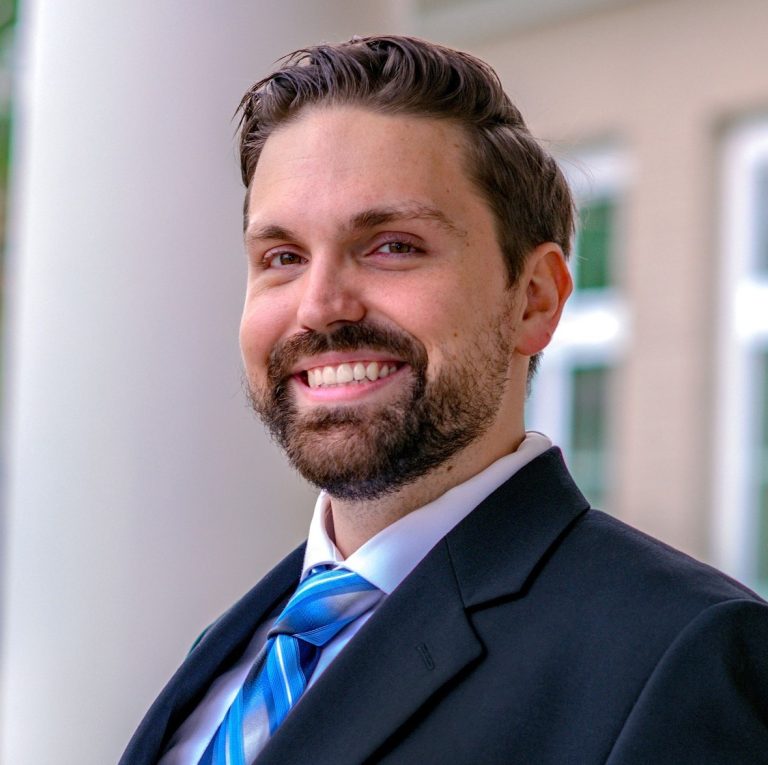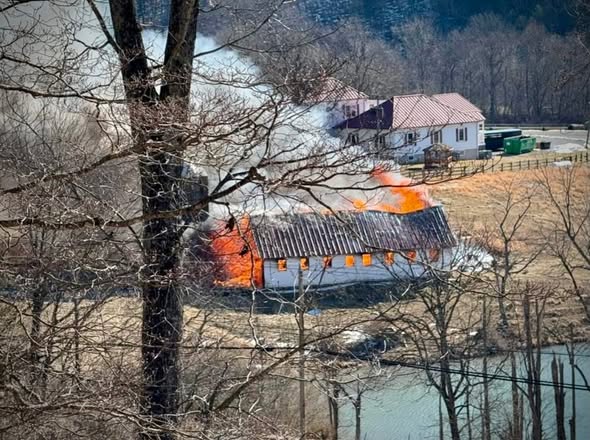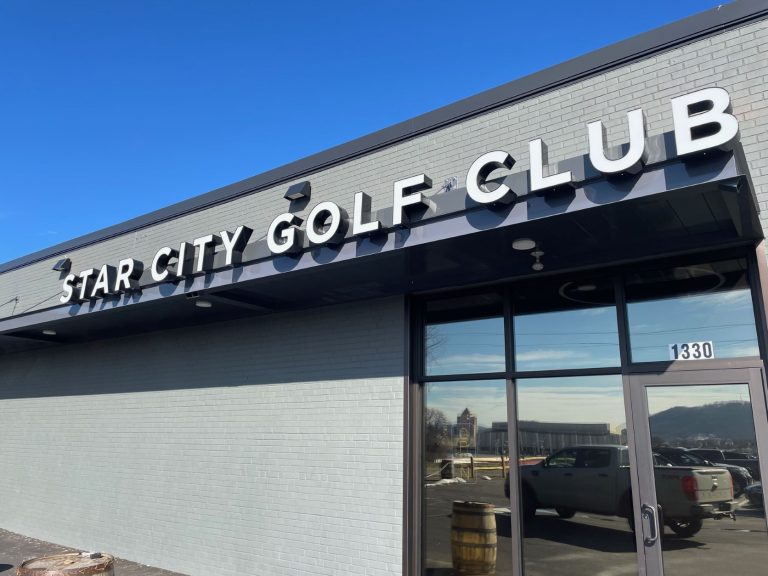The US Department of Justice has awarded $550,000 in grants to three organizations in Roanoke, targeted towards addressing gun violence and its aftermath. Carilion Clinic will receive $200,000 to assist gun violence survivors once they are discharged from the hospital. Meanwhile TAP President and CEO Annette Lewis says $200,000 allocated to that non-profit will help low-income families with relocating from “hot spots” of violence to a safer environment:
The third grant for $150,000 goes to Family Service of Roanoke Valley, which will station mental health counselors in northwest Roanoke at the EnVision Center near the Lansdowne Park public housing project. Virginia’s Department of Criminal Justice Services distributed that Federal grant funding.
(Roanoke City Release) The United States Department of Justice (DOJ) awarded Carilion Clinic, Family Service of Roanoke Valley, and Total Action for Progress (TAP) three unique grants aimed at addressing the impacts of gun violence in Roanoke. Combined, the grants total $550,000. “This funding is meaningful for our community as we continue to address the complex issues that stem from gun violence,” said Mayor Sherman Lea. “These grants are an acknowledgment of the innovative, collaborative work being done right here in Roanoke.”
The grants stem from efforts at the national and state levels to support grass-roots gun violence prevention initiatives. The City of Roanoke was a locality in Virginia to observe one of the top ten highest increases in gun violence according to the DOJ, underscoring the need for collaborative, creative, and long-term solutions. By the numbers, the Roanoke City Police Department reported a 21 percent increase in firearm-related crimes from 2020 to 2021.
Similarly, the region’s only Level 1 trauma center, Carilion Roanoke Memorial Hospital, experienced a 48 percent increase in total gun-related injuries from 2019 to 2021 (this includes patients from the entire region). Each of the grants awarded is for a two-year period with the goal of addressing the impacts of gun violence:
• Carilion Clinic: Violent Injury Recovery & Support Program (VIRS) – $200,000 It is not unusual for Carilion’s trauma teams to respond to gun-related injuries on a daily basis. Now, they are launching the VIRS program to assist gun violence survivors beyond the bedside with the help of a new team made up of intervention specialists. The intervention specialists will evaluate a patient’s needs when discharged.
• Family Service of Roanoke Valley: EnVision Center Counseling – $150,000 . In 2021, Northwest Roanoke was one of the sections of the city hardest hit by gun violence. Around 40 percent of the city’s gun violence victims were in that area of the city. With their
grant, Family Service plans to meet residents of Northwest where they are, providing readily accessible mental health support.
The grant will fund a counselor stationed for five days a week at the EnVision Center in Northwest Roanoke adjacent to Lansdowne Park.
• TAP: Gun Violence Emergency Relocation Project (GV-ER) – $200,000/ TAP’s GV-ER project will focus on relocating low-income families in the City of Roanoke from hot spots of violence and/or unsafe living conditions that would likely expose them to further
violence. It follows a model TAP has seen success with for victims of domestic violence. “This program is intended to fill a needed gap in local offerings, helping not only those directly impacted by gun violence but also secondary victims,” said Annette Lewis, president and CEO of TAP. “Relocation and supportive services help to give families a fresh start, proactively addressing multigenerational trauma.”
“A multifaceted issue like gun violence will require long-term thinking. Unfortunately, it’s not a problem that can be solved overnight,” said Roanoke City Councilman Joe Cobb [today at a news conference], who also serves as the elected official on the City’s Gun Violence Prevention Commission. “These initiatives are great examples of strategic collaboration to meet our community members where they are and address the residual impacts of gun violence.”




